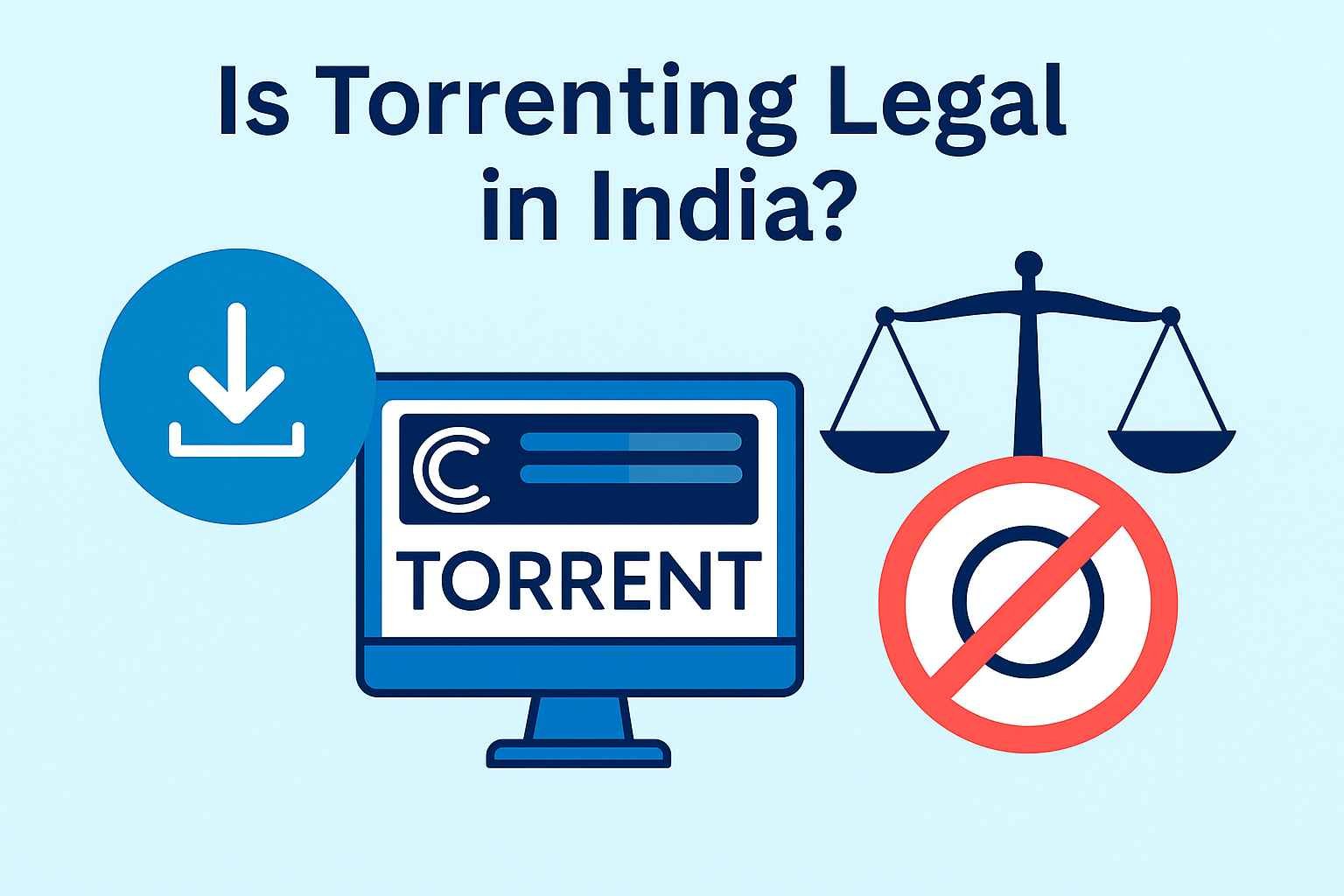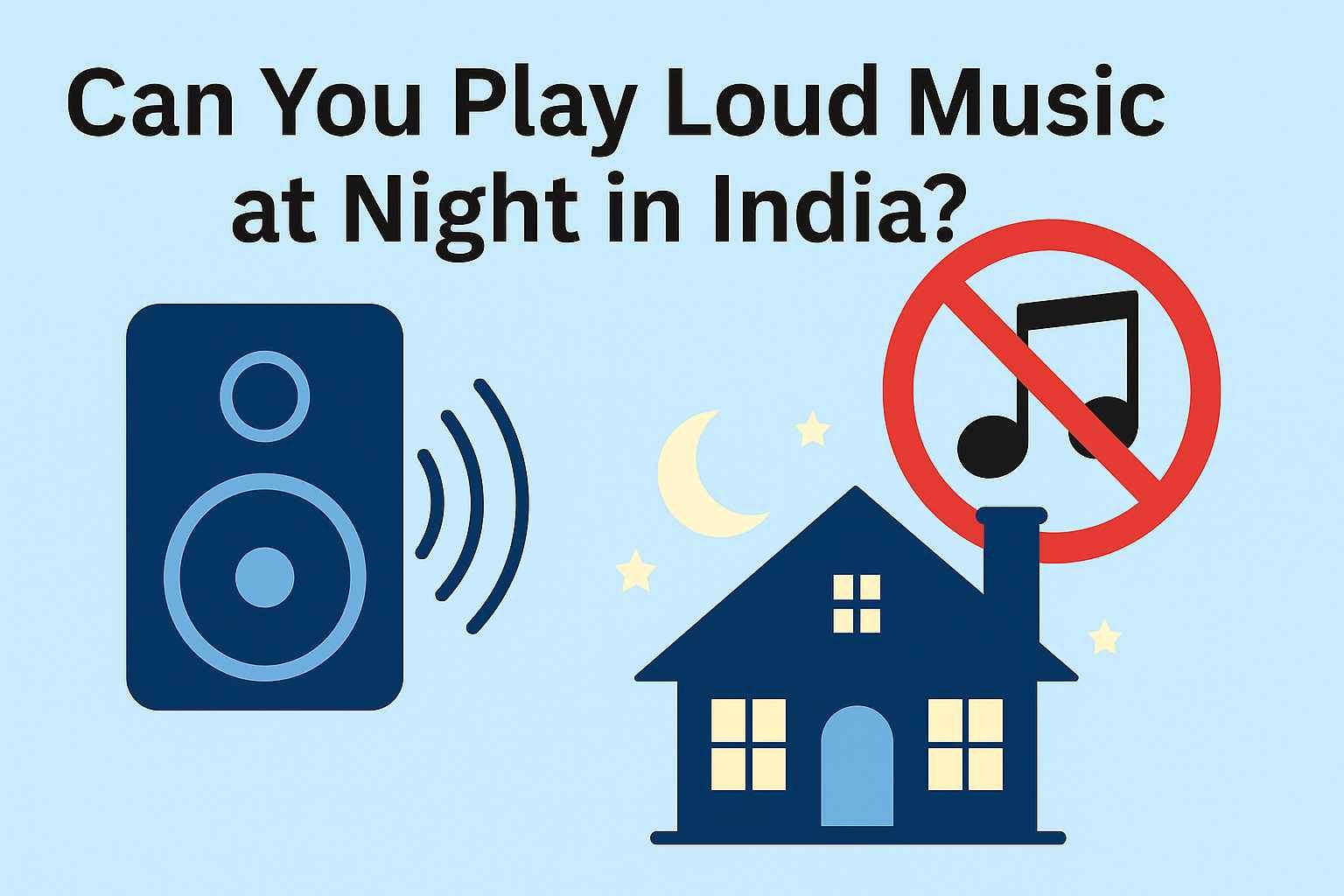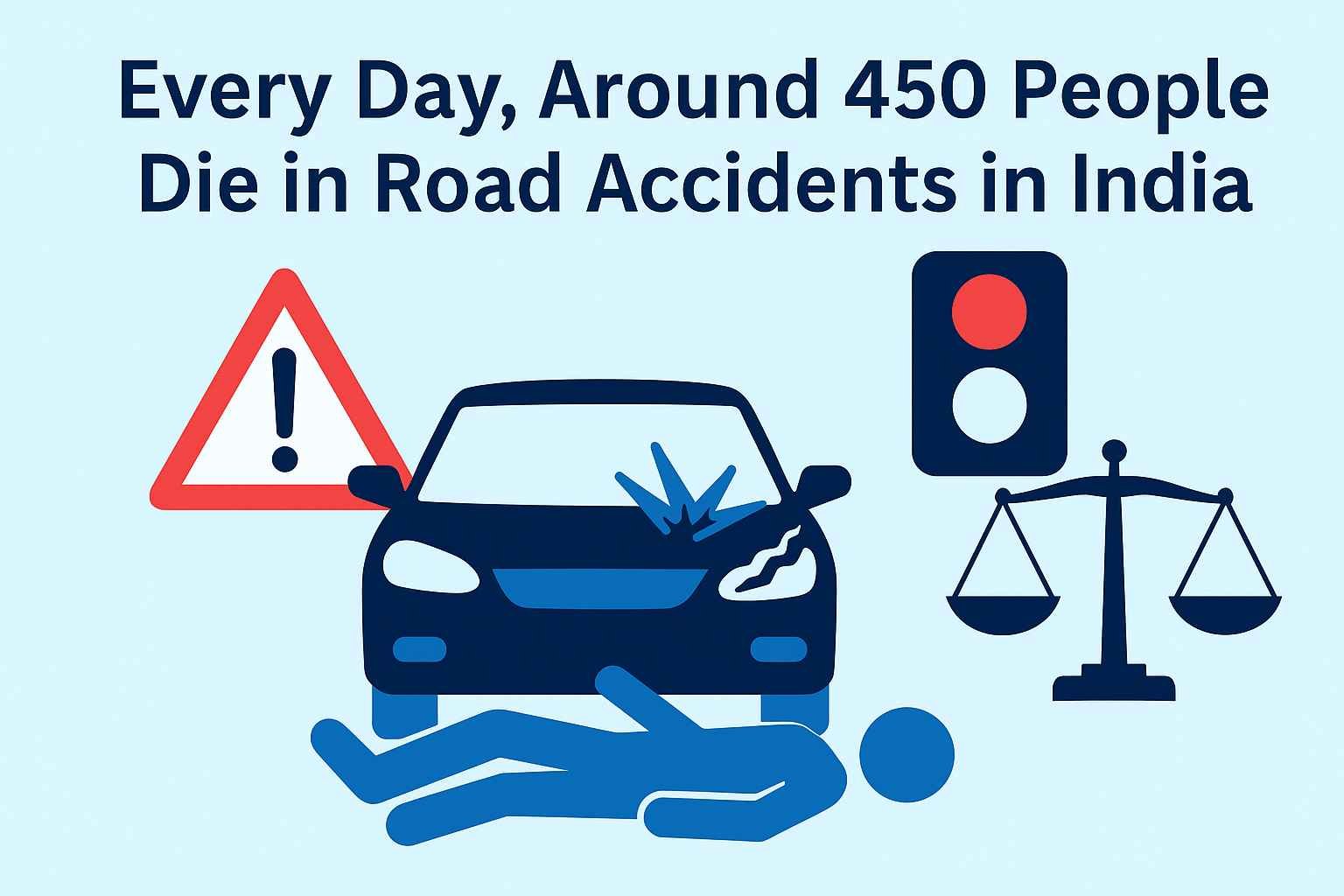On this page you will read detailed information about Is Torrenting Legal in India?
Introduction
Torrenting—sharing digital files (movies, music, software, etc.) via peer-to-peer (P2P) networks—has long occupied a gray zone between convenience and piracy. India’s laws are evolving, enforcement is increasing, and users are becoming more cautious. In 2025, here’s how the Indian legal landscape treats torrenting: legal aspects, risks, recent updates, and safer alternatives.
Indian Legal Framework: Copyright Act & IT Act
Copyright Act, 1957 (Amended)
The core law governing unauthorized reproduction, distribution, and communication of copyrighted works in India is the Copyright Act, 1957 (with subsequent amendments). Under Section 63, copyright infringement is a cognizable and non-bailable offense. Section 66 covers abetment, and Section 67 deals with publishing or transmitting obscene material electronically (less relevant for general torrenting). (legal text)
Torrenting copyrighted content (films, software, music) without authorization generally constitutes infringement, which is illegal under the Copyright Act.
Penalties can include imprisonment of 6 months to 3 years, fines up to ₹2 lakh, or both (for first offense), with harsher terms for repeat offenses (Section 63).
Information Technology (IT) Act, 2000
The IT Act handles cyber offenses and intermediary liability. Under Section 79, intermediaries (ISPs, hosting providers) are exempted from liability if they follow due diligence, remove infringing content on notice, and operate under court or government orders.
The IT Act, in conjunction with the Intermediary Guidelines Rules, allows takedown directives for online content—including torrent sites or magnet links—when they violate copyright.
Additionally, rules under Section 69A empower the government to block websites or URLs (including torrent indexing or linking sites) that facilitate infringement.
Types of Torrenting & Legal Risk Zones
Not all torrenting is automatically illegal. The legal risks depend on what is being shared and whether it’s authorized.
Legal / Legitimate Torrenting
- Sharing public domain works (e.g. old open-license books, expired copyright works)
- Distribution of open-source software or content released under Creative Commons or similar licenses that permit P2P distribution
- Some companies distribute large files (Linux ISO images, large datasets) via torrents as a bandwidth-efficient method
Illegal / Infringing Torrenting
- Sharing or downloading commercial movies, music, games, software without license
- Uploading copyrighted content for distribution or seeding
- Indexing or linking to infringing torrents
If you use torrenting for unauthorized copying or distribution, that is likely illegal under Indian copyright law, regardless of whether you profit or not.
Enforcement Trends in India (2020–2025)
Website Blocking & ISP Action
Indian courts routinely order ISPs to block access to torrent indexing or piracy sites. The Ministry of Electronics & IT (MeitY) maintains “whitelist / blacklist” lists of blocked URLs. Many well-known torrent sites such as The Pirate Bay or Kickass Torrents have been blocked in India through multiple orders.
Criminal Actions & Raids
- Some cases target major uploaders or operators of piracy networks, rather than casual users.
- Cybercrime agencies sometimes coordinate raids on piracy groups.
- However, prosecutions of individual downloaders remain rare due to resource constraints and prioritization.
Takedown Notices & Intermediary Cooperation
Platforms, search engines, and cloud hosts often receive DMCA or local equivalents takedown requests by rights holders. Under Indian intermediary rules, sites hosting links or torrents can be asked to remove infringing links. Non-compliance can remove liability shield for intermediaries.
Public Awareness & Warnings
Rights holders frequently issue public notices warning users of legal risk. Some torrent clients now include warning splash screens in some jurisdictions.
Case Law & Legal Precedents
While there is no leading Supreme Court ruling exclusively focused on torrenting, aspects of copyright enforcement and intermediary liability have been litigated:
- The Indian Supreme Court in Super Cassettes v. Myspace held ISPs cannot avoid liability if they facilitate upload of infringing content knowingly.
- The Delhi High Court and other high courts have ordered blocking of websites, emphasizing the government’s power to restrict infringement facilitation.
Generally, courts view torrenting infringing content as actionable under copyright law, and support strong takedown or blocking measures for intermediaries.
Risks of Torrenting in India
People who download or share infringing content via torrents may face:
- Criminal liability (rare but possible) for piracy under Section 63
- Civil liability: rights holders can sue for damages
- ISP or network penalties: some ISPs may throttle or warn users, or cut service in extreme cases
- Malware / security risk: torrent files often include malware, trojans, or bundled malicious software
- Privacy exposure: torrenting reveals your IP address to peers, making you traceable
Many users believe “I’m small, so I’m safe” — but that is not guaranteed: legal risk may still exist, albeit low in practice for casual users.
In the previous post, we had shared information about Difference Between Patent, Copyright, And Trademark, so read that post also.
Defenses & Arguments (Used by Users)
- No profit motive / noncommercial use — some argue noncommercial use should attract leniency, but law doesn’t always differentiate.
- Fair dealing / exceptions — under Indian law, fair deal exceptions exist but generally don’t cover full copies of movies/music.
- Lack of enforcement resources — this is more of a practical argument than legal defense; courts don’t accept lack of resources as justification for infringement.
These defenses are weak, and rights holders frequently rely on strong statutory text rather than “user goodwill.”
Safe Alternatives to Illegal Torrenting
To stay on the right side of the law while still accessing content:
- Use licensed streaming services (Netflix, Amazon Prime, Disney+, local platforms)
- Purchase digital media (ebooks, software licenses, games)
- Use authorized P2P or torrent distribution platforms that have rights (e.g. Blender, Linux distros, creative commons music)
- Public domain / Creative Commons content — there are large repositories of legally torrent-shareable content
- Library or institutional access — many libraries license digital content
Adopting these legal options helps support creators and reduce piracy incentives.
What users and platforms should watch (2025 onward)
- More aggressive enforcement — as copyright enforcement infrastructure improves, action against frequent uploaders may increase
- Stricter intermediary rules / liability — new amendments to the IT Act or copyright law might tighten site-blocking powers or intermediary obligations
- Technology adoption — watermarking, fingerprinting, blockchain tracking may help rights holders trace leakage even from P2P systems
- Court orders on VPN use — using VPNs to mask torrenting may not shield legal liability if traced
- User education & warnings — platforms, ISPs, and apps may show alerts about legal risks in certain jurisdictions
Bottom Line
- Torrenting per se is not legal when it involves downloading or distributing copyrighted content without permission.
- India’s law (Copyright Act) makes such acts infringing and provides for enforcement, though practical risk to small users is low historically.
- Increasing ISPs blocking sites, rising enforcement, and evolving legal frameworks make risk higher than before.
- Use legal distribution channels for media; avoid infringing torrents.
Disclaimer
The information and services on this website are not intended to and shall not be used as legal advice. You should consult a Legal Professional for any legal or solicited advice. While we have good faith and our own independent research to every information listed on the website and do our best to ensure that the data provided is accurate. However, we do not guarantee the information provided is accurate and make no representation or warranty of any kind, express or implied, regarding the accuracy, adequacy, validity, reliability, availability, or completeness of any information on the Site. UNDER NO CIRCUMSTANCES SHALL WE HAVE ANY LIABILITY TO YOU FOR ANY LOSS OR DAMAGE OF ANY KIND INCURRED AS A RESULT OR RELIANCE ON ANY INFORMATION PROVIDED ON THE SITE. YOUR USE OF THE SITE AND YOUR RELIANCE ON ANY INFORMATION ON THE SITE IS SOLELY AT YOUR OWN RISK. Comments on this website are the sole responsibility of their writers so the accuracy, completeness, veracity, honesty, factuality and politeness of comments are not guaranteed.
So friends, today we talked about Is Torrenting Legal in India?, hope you liked our post.
If you liked the information about Is Torrenting Legal in India?, then definitely share this article with your friends.
Knowing about laws can make you feel super smart ! If you find value in the content you may consider joining our not for profit Legal Community ! You can ask unlimited questions on WhatsApp and get answers. You can DM or send your name & number to 8208309918 on WhatsApp








